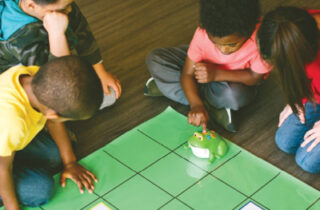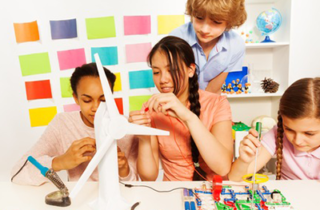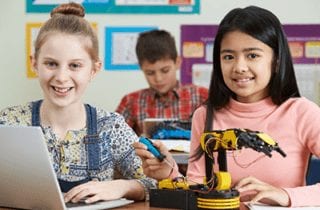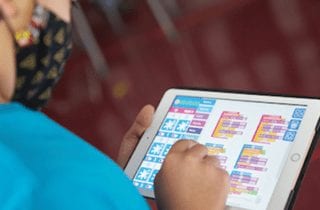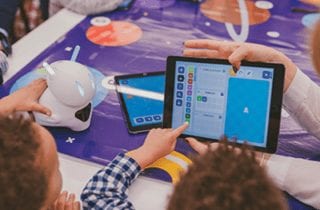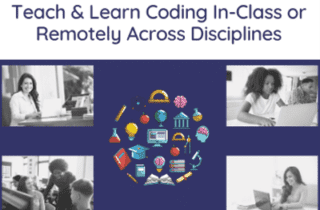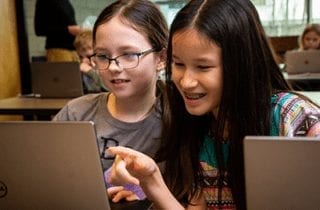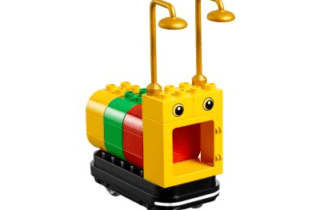Presented by Melody Dunn, M.Ed., Former Educator, Current Professional Learning Specialist, Frog Street
Presented by Louis Jimenez, Advanced Electronics Teacher, Bowsher High School (OH); and Gerald Voltz, Education Program Specialist, NASA Office of STEM Engagement, NASA Glenn Research Center
Presented by Dr. Henry Astley, Assistant Professor, Department of Biology and the School of Polymer Science and Polymer Engineering, University of Akron; and Dr. Peter H. Niewiarowski, Professor of Biology, Biomimicry Research and Innovation Center (BRIC), University of Akron
How and where our students learn has radically changed over the last ten months. Students are in a multitude of educational environments that have challenged the entire school community. As educators, we cannot predict what the future holds, but we understand the importance of developing core skills such as collaboration, effective communication, and problem solving in our students today.
Presented by Christine Danhoff, Technology Integration Specialist, Genoa Area Local Schools (OH); and Lauren Watkins, Marketing Director, Unruly Splats
Presented by Al Morali, Senior Learning Leader, Eduscape; and Machele Clark, Senior Learning Leader, Eduscape
Join this edWebinar to explore various ways that will keep your students engaged, on task, and feeling less isolated by introducing cross-disciplinary online coding projects.
Students exposed to coding and programming at an early age are well equipped to take on higher-level computer science courses in high school and have essential skills for future opportunities in the technology world. When Rob van Nood was hired as the educational technology specialist for Catlin Gabel School in Oregon, coding and computer science courses were only offered in grades 9-12 and not to students in the younger grades. The lack of coding curricula at the younger levels has left a significant teaching gap in 21st century skills such as problem solving, designing, and computation thinking.
Teaching computer coding skills and concepts in the primary grades may sound like a challenge, but now there are hands-on activities and age-appropriate software that engage young students in this type of learning. And, starting the learning process in grades K-2 can build students’ confidence and reduce the challenges they face later when working on coding projects in the upper grades.
In this edWebinar, Rob van Nood, Educational Technology Specialist from Catlin Gabel School, will show you how to use coding and data-collection technology to enhance your students’ development of creativity, communication, collaboration, and critical thinking skills.


